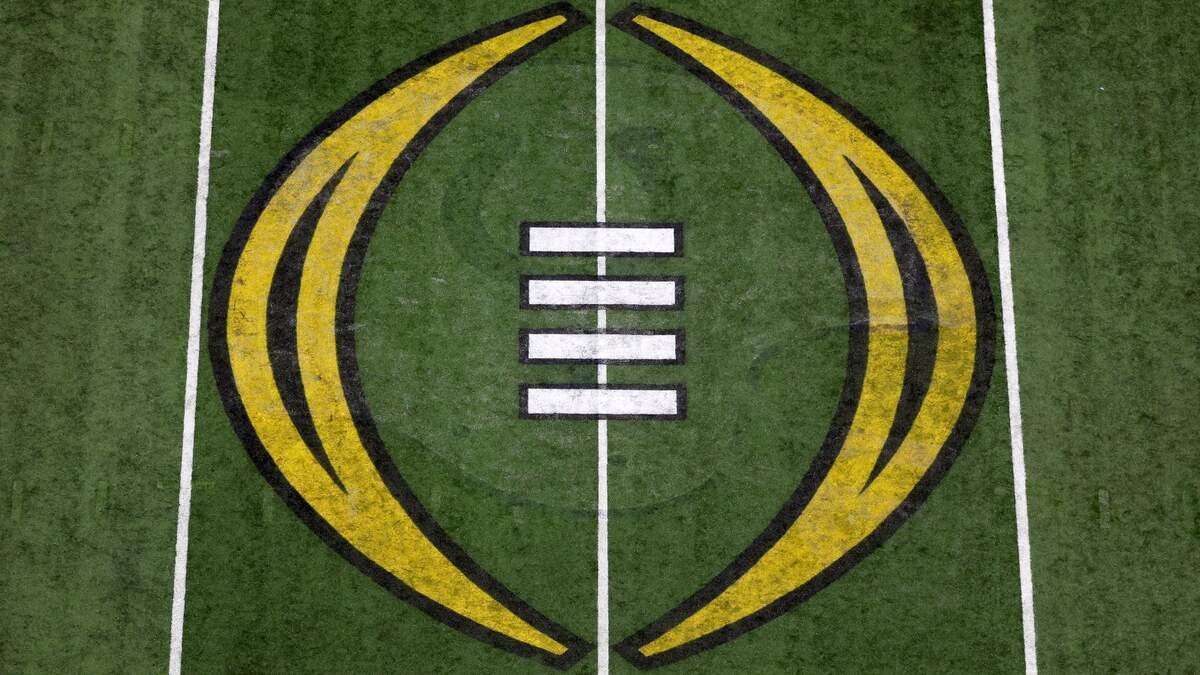Rapid changes to the landscape of college athletics in recent years have left much of the amateur sports landscape unrecogonizable from the days of old. The biggest change is the legalization of NIL, allowing college athletes to be paid for their name, image or likeness. This has led to some players earning millions of dollars even before they’ve stepped onto a college campus, while others are earning more in college than they would in professional sports. In Texas, some lawmakers have even proposed extending NIL to high school athletes. Above all, NIL has prompted an “arms race” among top schools in college football and basketball when it comes to spending on star players.
College players getting paid while still students is an idea that is likely here to stay, in one form or another. But one of the most powerful voices in Texas college athletics is warning the current system is not sustainable. Cody Campbell, billionaire booster and Chairman of the Texas Tech Board of Regents, has launched a non-profit initiative called Saving College Sports. Campbell recently told 365 Sports why he’s doing this. “This is a business problem, it’s all about money,” he said. “The reality is, unfortunately there is not enough money to pay the players and preserve all the sports…so we have to find a creative solution to expanding the economic pie so that we can do both.”
Campbell argues that the surge of money into a few top sports at a few top schools is crowding out smaller non-revenue sports and smaller schools. His plan includes a limited antitrust exemption allowing all schools to pool their resources into a national broadcasting contract, similar to professional sports leagues. The plan also would prevent states from passing their own laws on college athlete compensation, in order to allow for a national standard to apply to all programs.
“All I’m looking for is a way to try to solve this economic formula that right now is very, very broken,” said Campbell. “And this (broken system) is going to result in opportunities lost, communities hurt, and institutions hurt, if we don’t do something about it.”

